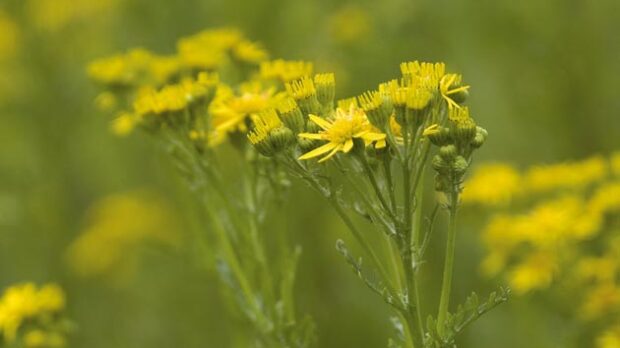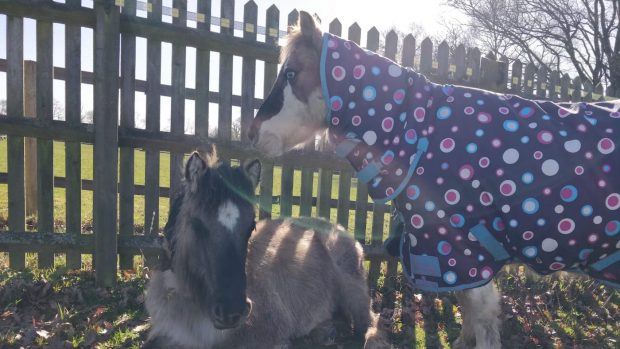The BHS cautions owners to be on their guard against the deadly dangers of ragwort
The British Horse Society, International League for the Protection of Horses and feed company Dodson & Horrell have joined forces to support a sponsored ragwort pull as part of the BHS’s Root Out Ragwort Week, which takes place from 21 – 28 July.
Now in its fifth year, the campaign aims to make owners aware of the dangers of this poisonous weed and why it is essential to prevent it spreading.
For more information on the campaign visit: www.bhs.org.uk/welfare/ragwort
The campaign also aims to encourage the public to report areas of ragwort to their local papers and so encourage others to take action.
Ragwort is poisonous to all livestock, as well as humans, and is listed an an “injurous weed” under the Weeds Act of 1959, which makes it an offencenot to comply with clearance notices.
Kerstin Alford, BHS Head of Welfare, said: “Ragwort is an perennial problem and needs to be dealt with every year. Ideally, the plant should be dug up or sprayed and totally removed from pasture each spring, prior to flowering.
“Pulling up ragwort at its flowering stage is a short-term defensive measure, but at least it prevents it from seeding.
“Anyone pulling ragwort must wear gloves and wash their hands afterwards. They should ensure that all the roots are removed, or spread rock salt in the whole, which will kill off the remaining roots.”
Many horses have died from ingesting ragwort in their hay.
A test to detect ragwort in hay or haylage samples has been developed by ADAS for a cost of £35 for up to 20 – 25 samples. For each test carried out, ADAS will donate £1 to the Ragwort Trust at Liverpool University.
For further information contact ADAs (tel: 01902 693229)
Read more ragwort advice:


